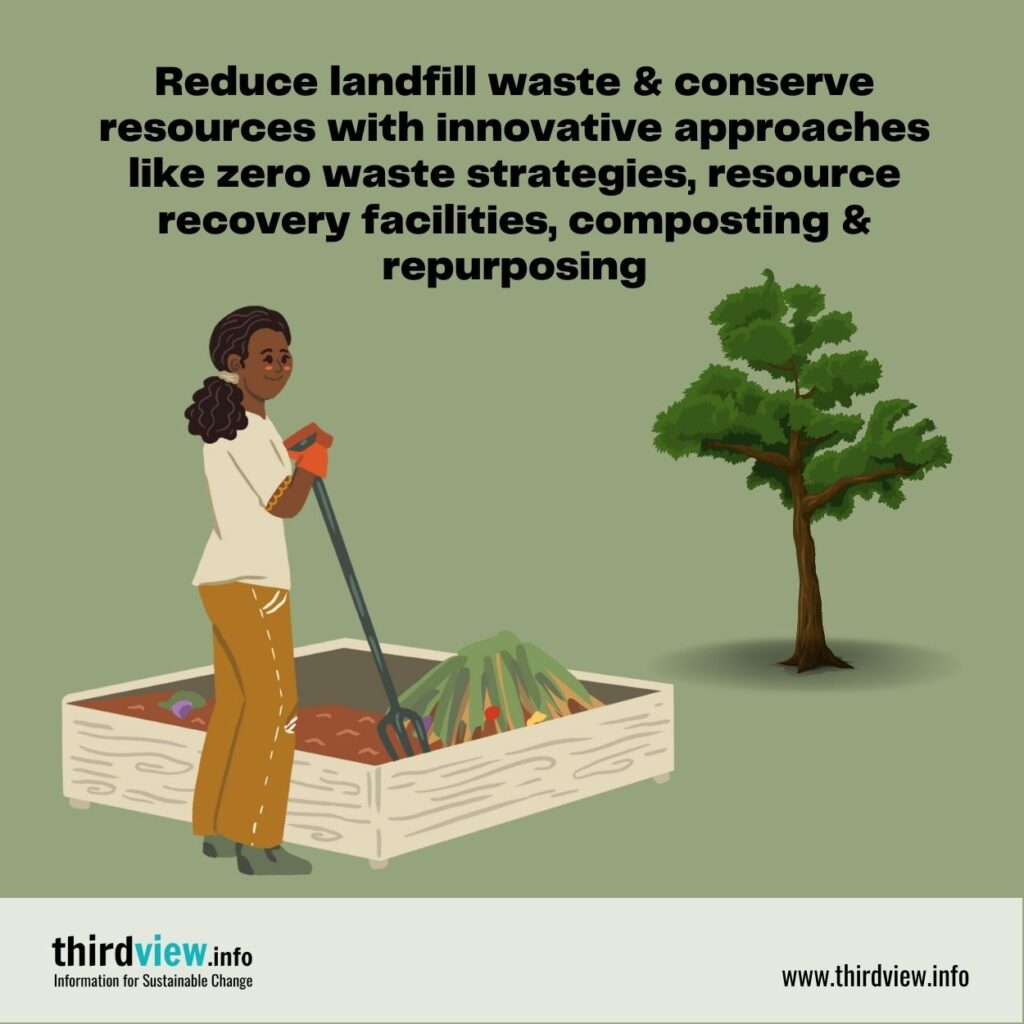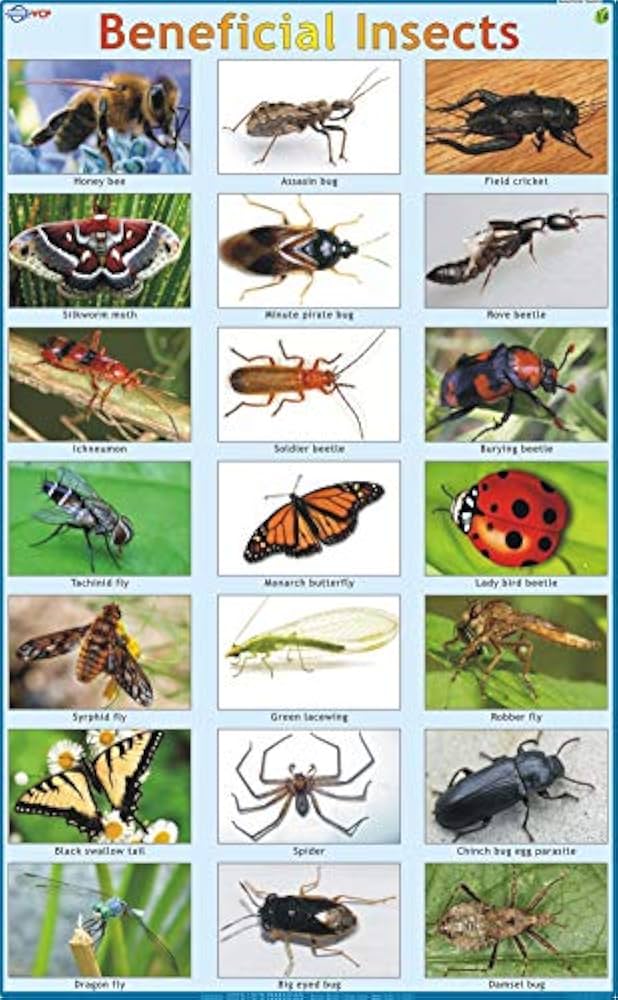
Gardening has long been a cherished hobby, offering a .respite from urban life and a connection to nature. However, sustainable gardening techniques are now more crucial than ever as environment concerns increase. In order to assist you in creating a garden that helps the Earth and your soul, it’s important to examine the fundamentals, advantages, and useful techniques of sustainable gardening.
Sustainable gardening is a holistic approach to gardening that focuses on preserving the natural environment, promoting biodiversity, and reducing waste. It emphasizes harmony with nature, ensuring that gardening activities contribute positively to the ecosystem rather than depleting or damaging it.
Key Principles of Sustainable Gardening:

- Conservation of Resources: Sustainable gardening aims to minimize the use of water, energy, and synthetic chemicals, relying instead on natural alternatives and efficient practices.

- Biodiversity Enhancement: Diverse plant species and habitats are encouraged to support local wildlife, including beneficial insects, birds, and soil organisms.
- Soil Health: Maintaining healthy soil through organic matter, composting, and minimal disturbance is crucial for plant growth and ecosystem stability.
- Waste Reduction: Garden waste is recycled through composting, and materials are reused or repurposed whenever possible.
- Native Plantings: Using native plants that are adapted to local conditions helps reduce the need for water and chemicals while supporting indigenous wildlife.
Sustainable gardening offers numerous advantages, both for the gardener and the environment. Here are some compelling reasons to adopt eco-friendly gardening practices:
:max_bytes(150000):strip_icc()/weedsillu-ca26e1a9ff9c4bd5b1453c590a93b6c1.jpg)
- Reduced Pollution: By avoiding synthetic pesticides and fertilizers, sustainable gardening minimizes harmful runoff into water bodies and soil contamination.
- Water Conservation: Efficient watering techniques and drought-resistant plants help conserve water, a precious resource in many regions.
- Enhanced Biodiversity: Supporting a variety of plant species and creating habitats for wildlife promotes ecological balance and resilience.
- Improved Soil Health: Healthy soil enriched with organic matter supports robust plant growth and sequesters carbon, mitigating climate change.
Personal Benefits
- Physical Well-being: Gardening provides physical exercise, reducing stress and promoting a healthy lifestyle.
- Mental Health: Connecting with nature can boost mental health, offering a tranquil retreat from daily pressures.
- Economic Savings: Growing your own food and composting reduces grocery bills and waste disposal costs.
- Satisfaction and Education: Sustainable gardening is a rewarding hobby that teaches valuable skills and fosters a sense of accomplishment.
Practical Methods for Sustainable Gardening
Creating an eco-friendly garden involves thoughtful planning and adopting practices that align with sustainable principles. Here are some practical methods to get you started:
Composting

Composting is a cornerstone of sustainable gardening. By turning kitchen scraps and garden waste into nutrient-rich compost, you return valuable organic matter to the soil. Start a compost pile or bin, and include materials like vegetable peels, coffee grounds, and leaves. Avoid meat, dairy, and oily foods, which can attract pests.
Water-Wise Gardening
Efficient water use is critical in sustainable gardening. Implement the following strategies to conserve water:

- Install rain barrels to collect and reuse rainwater for irrigation.
- Use drip irrigation systems that deliver water directly to plant roots, reducing evaporation.
- Mulch garden beds to retain soil moisture and suppress weeds.
- Choose drought-resistant plants that thrive with minimal watering.
Native Plantings
Select native plants that are adapted to local soil and climate conditions. These plants require less water and maintenance, and they provide food and habitat for local wildlife. Research native species suitable for your area and incorporate them into your garden design.
Soil Health Maintenance
Healthy soil is the foundation of a thriving garden. Enhance soil health by:
- Adding organic matter such as compost, manure, or leaf mold.
- Practicing crop rotation to prevent nutrient depletion and reduce disease risk.
- Using no-till or minimal-till gardening techniques to preserve soil structure.
- Testing soil periodically to monitor pH and nutrient levels, adjusting as needed
Waste Reduction and Recycling
Minimize garden waste and recycle materials whenever possible. Use garden clippings and leaves in compost or as mulch. Repurpose containers, old tools, and other items creatively in your garden. Reduce plastic use by choosing metal, wood, or biodegradable options.
Sustainable gardening is a rewarding practice that benefits both the gardener and the environment. By embracing eco-friendly methods, you can create a beautiful, thriving garden that supports biodiversity, conserves resources, and reduces waste. As you nurture your garden, you’ll find joy in knowing that you are contributing positively to the planet’s health and resilience. So, roll up your sleeves, dig into the soil, and embark on a green gardening journey that will flourish for generations to come.
